Mana Atua - Wellbeing
Isn't wellbeing something we all want for our children? But wellbeing is such an all-encompassing concept and it's easy to get worn down by the daily demands of being a parent (and wage earner and home keeper and partner and friend and needing some 'you-time'...) and although we may be ticking all the usual boxes, we can lose focus on how well our child really is.
Physical health is a fairly simple formula - if you're basically well off - fresh food, clean clothes, a warm bed, doctors visits when needed.
Where we really need to parent smart is when we nurture the inner wellbeing of our child.
Wellness comes in layers - beginning with love
When it comes to children, love is the quality that underpins wellness. A visibly loving, emotionally available parent or carer is a child's greatest need, and the greatest predictor of their future wellbeing and resilience. And with children more than anyone else, time is love.
Creating lasting self-love
No human is perfect and we know that as adults we often fall short of our own standards. Children can be encouraged to value their 'try' and their 'will to be good people' over unrealistic goals of perfection.
Studies show that children who are told they are clever do less well than children's whose effort is praised in standardised testing - because their sense of worth is based on how innately clever they are, instead of how hard they tried, and they can even resist trying in case it turns out that they are not so clever after all!
Praise the effort more than the result. Instead of "What a pretty painting, you're an artist!" try "Wow, I love how you put so much detail into this area - tell me about that!" Instead of "Oh aren't you clever, good boy" try "I am so impressed with how you thought about different ways to do this and came up with a good solution" or "You put in so much practice and worked hard, well done, it really showed in your result." For more on this, check out the work of Carol Dweck and her book on the Growth Mindset.
Be very aware of talking about their appearance, and focus instead on valuing their physical health and natural abilities. Instead of saying "You are so pretty" praise their health and how their bodies work. "I love how strong your legs are, you climbed that so easily and carefully!" or "You look so full of energy your eyes are sparkling!" or "Wow can you imagine how your brain sent a message all the way down your arm to tell your sensitive fingers exactly how to hold that flower without crushing it?"
Parenting for happiness
Pennie Brownlee leads wonderful parenting workshops around New Zealand and is the Author of Magic Places, Dance with me in the Heart, and The Sacred Urge to Play. At a Parenting Workshop she asked the participants - What do you want your child to be? Predictably, each parent answered along the lines of I want them to be happy, creative, true to themselves, brave... and Pennie waited patiently before saying "Well, you'd better begin being happy, creative, true to yourself and brave!" As the stunned parents sat there, she explained the importance of 'The model'.
As parents we are our children's primary model for being an adult - what they see you do they will believe is normal. If you want a creative child, paint, sing, create. If you want a happy child, nurture happiness in yourself. If you want a brave child, show your courage. And yes, you need to be authentic if you want your child to be true to themselves.
Create opportunities for joy in your child's life - an unexpected icecream, cloud watching in the grass on a sunny day, surprise games, silliness and laughter. Children deserve a chance to 'be a child' and all the fun and excitement that entails.
Build self reliance
Hands up those with two year olds! The terrific twos! The time when your child says 'No; me do.' You lucky people. Pause, and absorb the opportunity you have right now to endorse your child's self reliance.
Waiting ten minutes for them to get dressed themselves now and fold their pajamas will save you hours of picking up after a teenager who is magically oblivious to laundry baskets or sock drawers. Waiting for them to feed themselves and helping them stand on a chair to wash 'mine own' dishes will save endless nights of cleaning a devastated kitchen. What's more, let them spend half an hour pushing the vacuum cleaner about ineffectively and you'll save their future spouse from arguments and nagging over why they never help clean the house.
Seriously, showing and assisting children the steps to a process while they are young (scaffolding) is the ideal way to teach all the skills that might seem to slip off their consciousness like oil on water when they are older.
Involve your child in decisions so you can help scaffold their decision making process. What do you think we should do? Which one costs more money? What would the advantages be of that? Are there any down sides? What do you think is more important?
Nourishing the inner judge
It's crucial to teach children to make their own decisions - but also to place judgement (in the best possible way) on themselves.
Ask them what they think the consequence should be for a bad decision - you'll often have to talk them down from harsh penalties! Ask them what would have been a better way to do it?
Ask what would be a good decision and why they think that. Ask if they think they did a good job or made a good choice, and support their judgement when they have. Tell them the reasons you think it was well done.
Research illustrates that children who get arbitrary punishments or encouragements handed down by the adults in their life are so used to judgement being external that they rely heavily on their peers' opinions rather than their own feelings of right and wrong when making decisions as teenagers and even as adults.
Use your own mistakes as learning opportunities too, and model trying to do the right thing. Wow, I really made a poor decision then didn't I! What could I have done better? What do you think I can do about the problem now? By doing this you are showing that everyone makes mistakes, but we can all try to do better.
Teach self-care
Whether it is as simple as putting on a plaster, or applying their Kawakawa Balm, let your children care for their own bodies as often as possible. You'll be surprised how young they are when they take the needle from you and dig out that prickle themselves!
Encouraging healthy, nutritious eating is easier if they know how their bodies work, and how they need to be fueled to run well. An adorable example was watching a five year old push lettuce into his mouth with a grimace, saying "I'm eating greens for my body." Instead of talking about 'treats', talk about 'sometimes food' - "Lollypops are delicious, but we just have them sometimes, because our bodies can't work well with too much sugar." There are hardwired reasons why we crave fat and sugar, but we are no longer a hunter gatherer people who need to take the every chance to eat these rare things, and we can tell our clever body it's ok, we don't have a shortage of sugar or fat any more.
Knowledge is power! A child who grows up understanding what a miracle their body is will have a head start on all the pressure for conformity from society and advertising campaigns designed to make them feel inadequate.
Friends - or just fun
Healthy friendship is another amazing aspect of wellbeing to nourish. As adults we all have a range of friends - from your soul sisters to the 'fun time' friends who can't be relied on for more than laughter and entertainment but are great value. We worry about who our children will be friends with as teens and how they will be influenced, so it's important to talk about friendship early on.
Adults often pressure kids to be friends, and we talk in terms of friends; or not friends. Unsurprisingly, small children say things like "You're not my friend" and can go to extreme lengths to get another child to say "Ok you are my friend again".
There are all the shades of grey in between someone we really like and someone we dislike - and we can encourage our children to enjoy people's companionship whether they are best buddies or just strangers sharing a moment.
Explain the difference between how best friends you truly love, friends, and acquaintances make you feel to your child so they can decide which relationships are beneficial and which friends care about their wellbeing. Help them feel they don't have to make a 'yes or no' choice about spending time with someone, but they can decide how much energy to put into the friendship, and know that they should look after their own wellbeing in friendships too. A truly great friend makes us feel good in ourselves, and we help them feel good too, because real friendship is a give and take scenario.
No child should have to 'be friends' with all other children - but we can encourage kindness and polite tolerance between all children, just like we should between all adults.
Most of all, enjoy your children. They are only small for such a short time (even though the days can feel endless at times.) We'll leave you with this lovely quote from Catherine Wallace:
"Listen earnestly to anything your children want to tell you, no matter what. If you don't listen eagerly to the little stuff when they are little, they won't tell you the big stuff when they are big - because to them, all of it has always been big stuff."
Thank you to Caroline Hernandez for the beautiful photo via Unsplash.


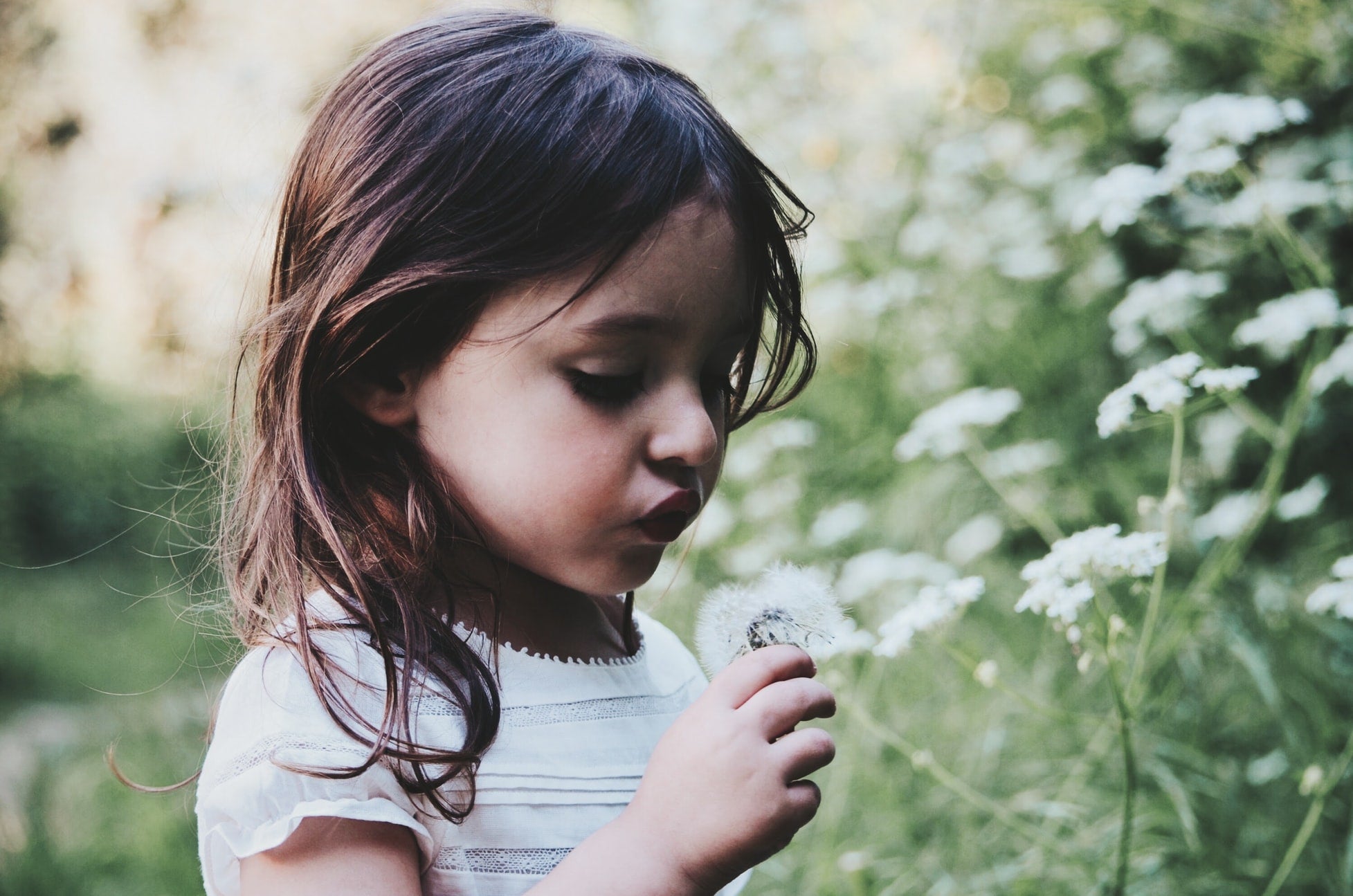
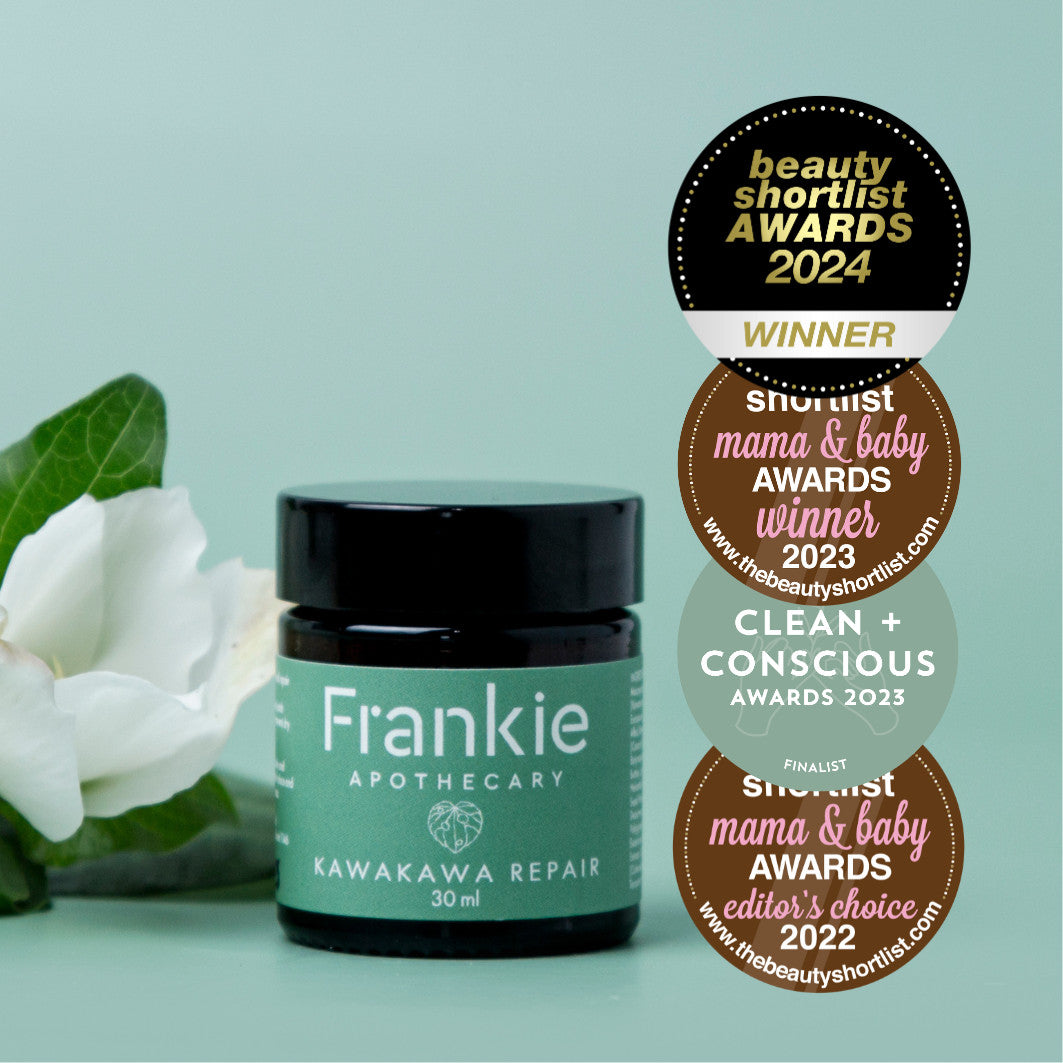
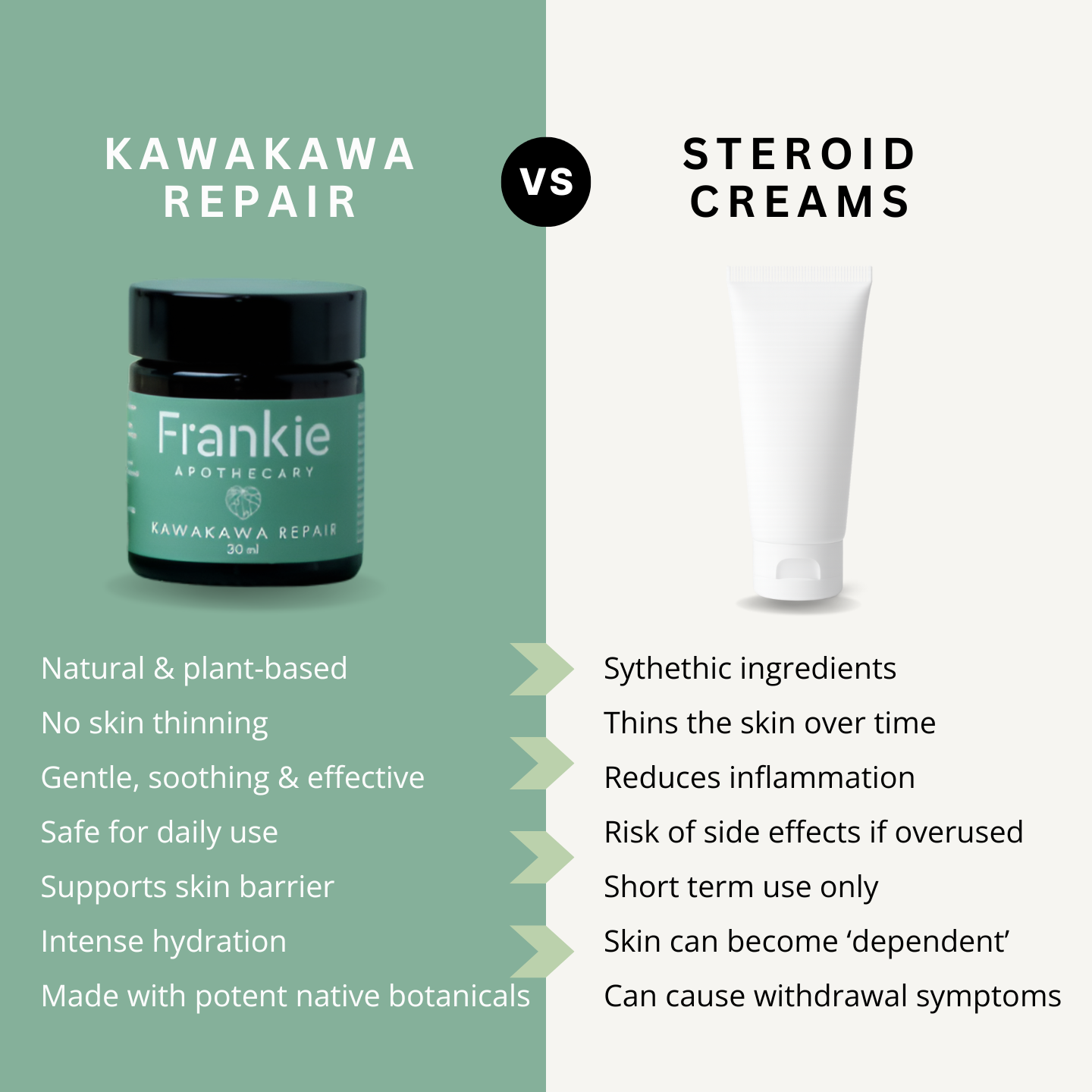
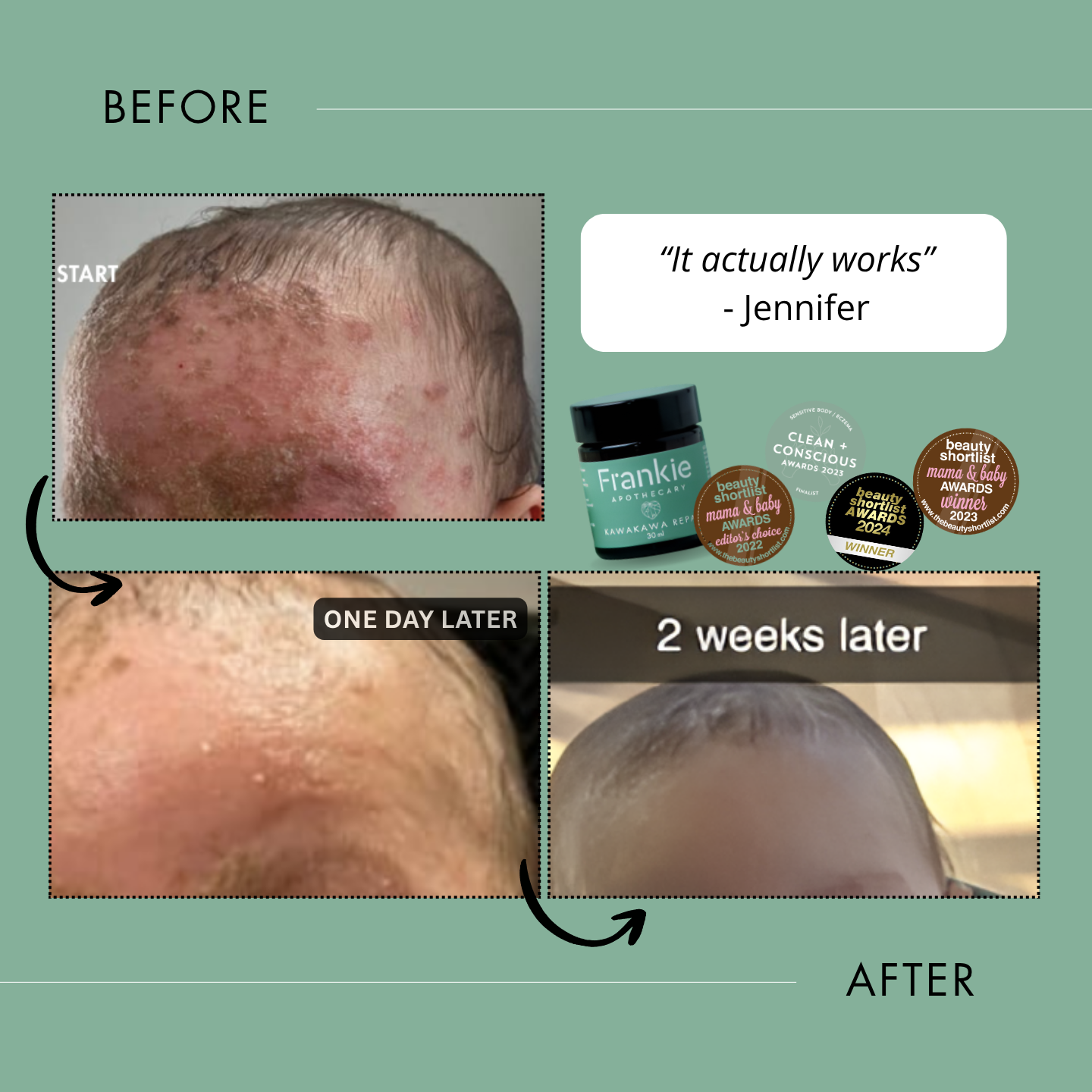
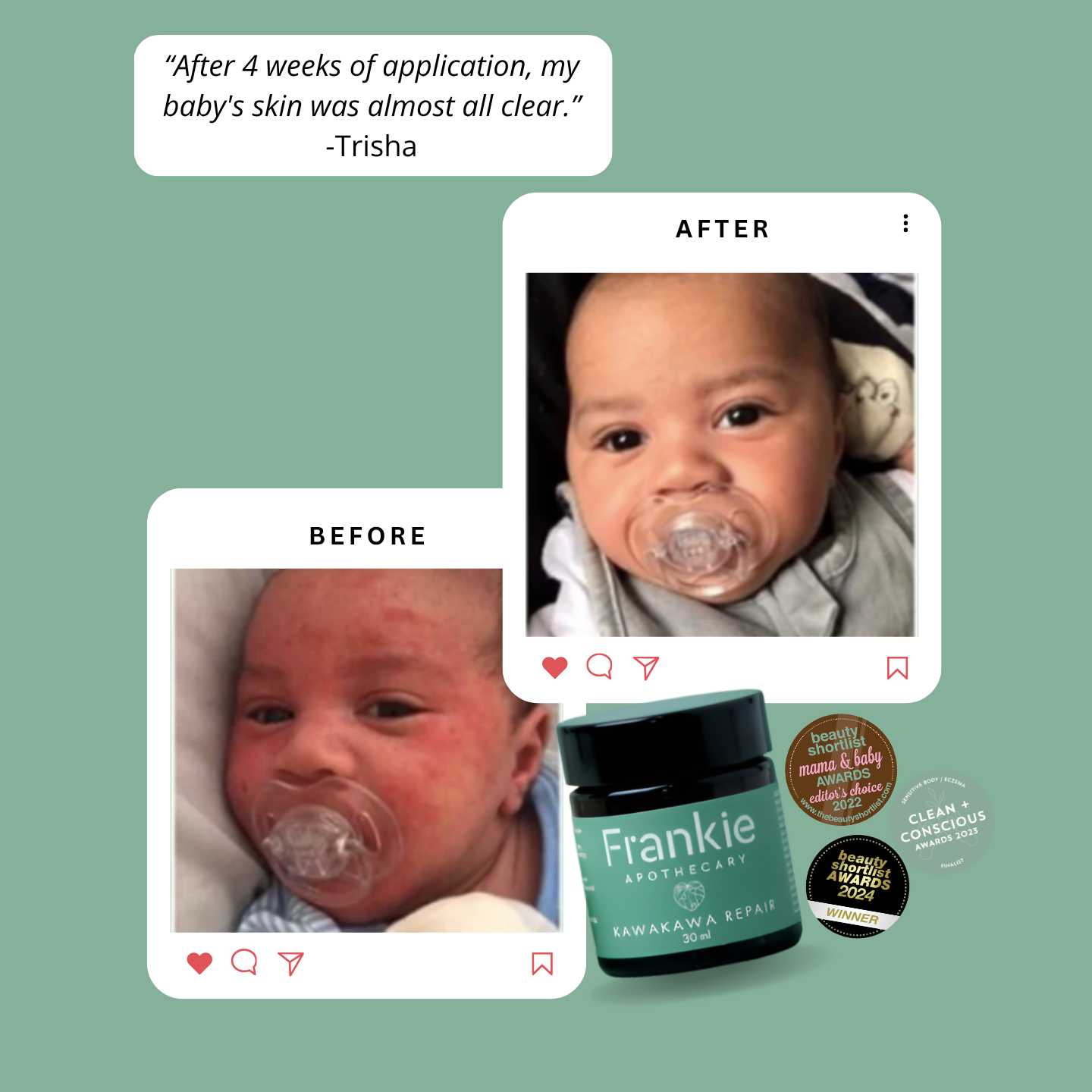
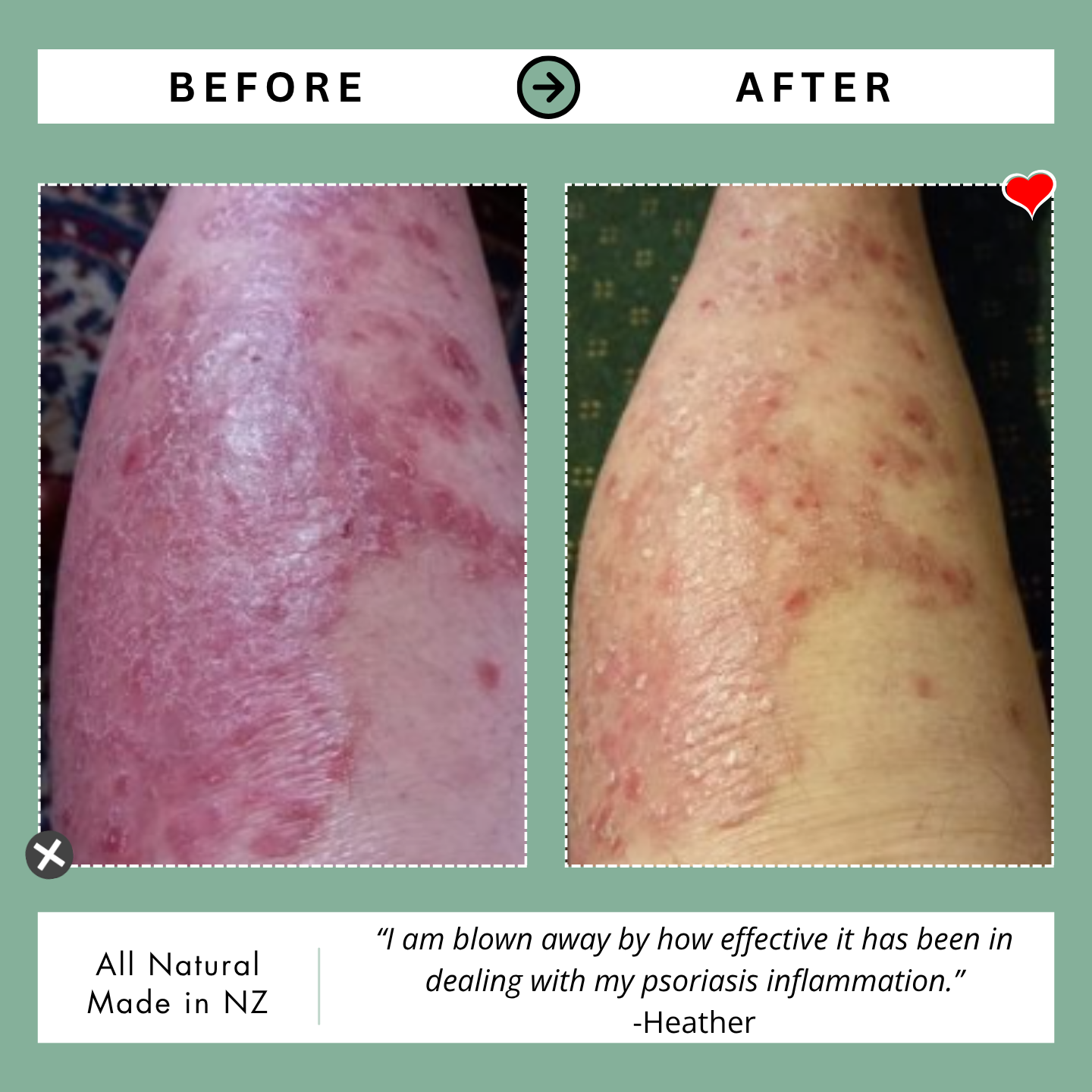
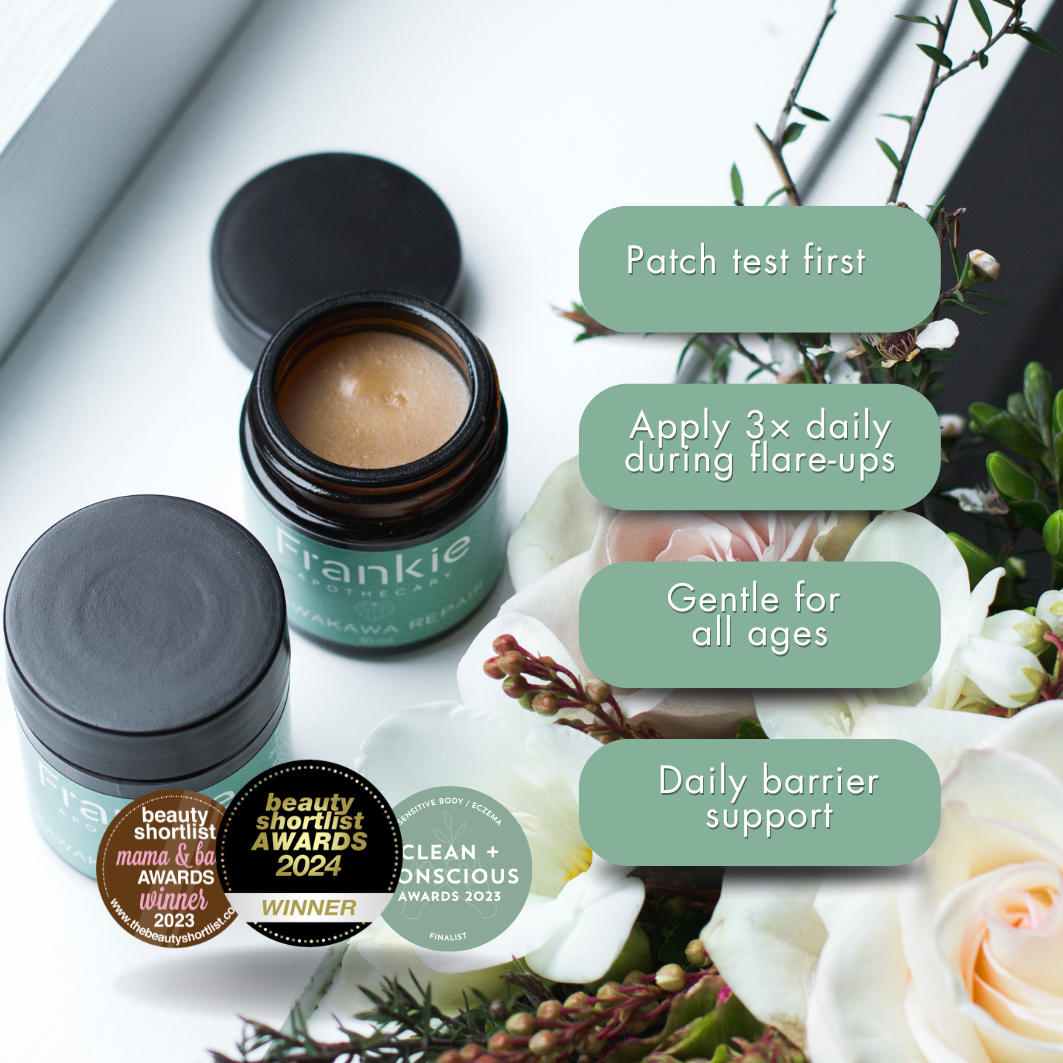
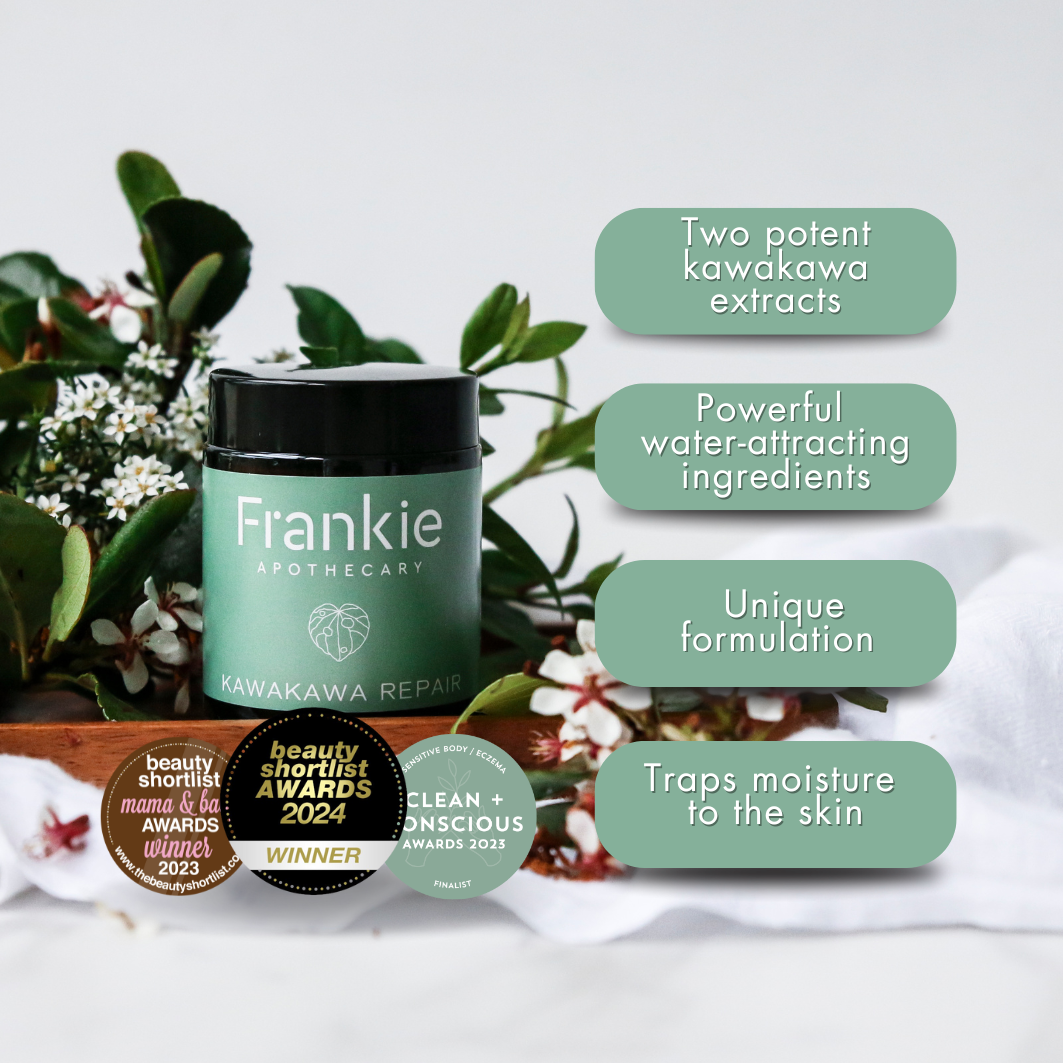
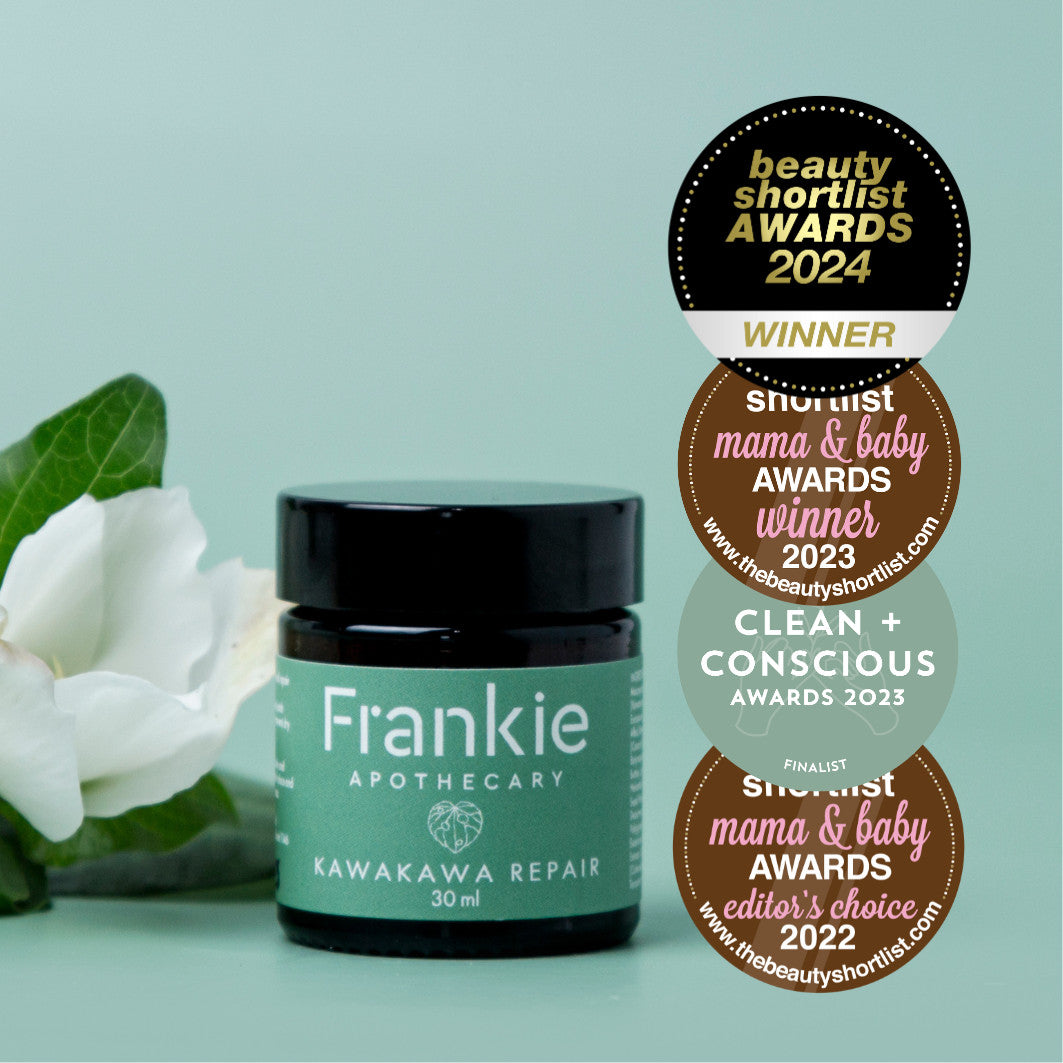
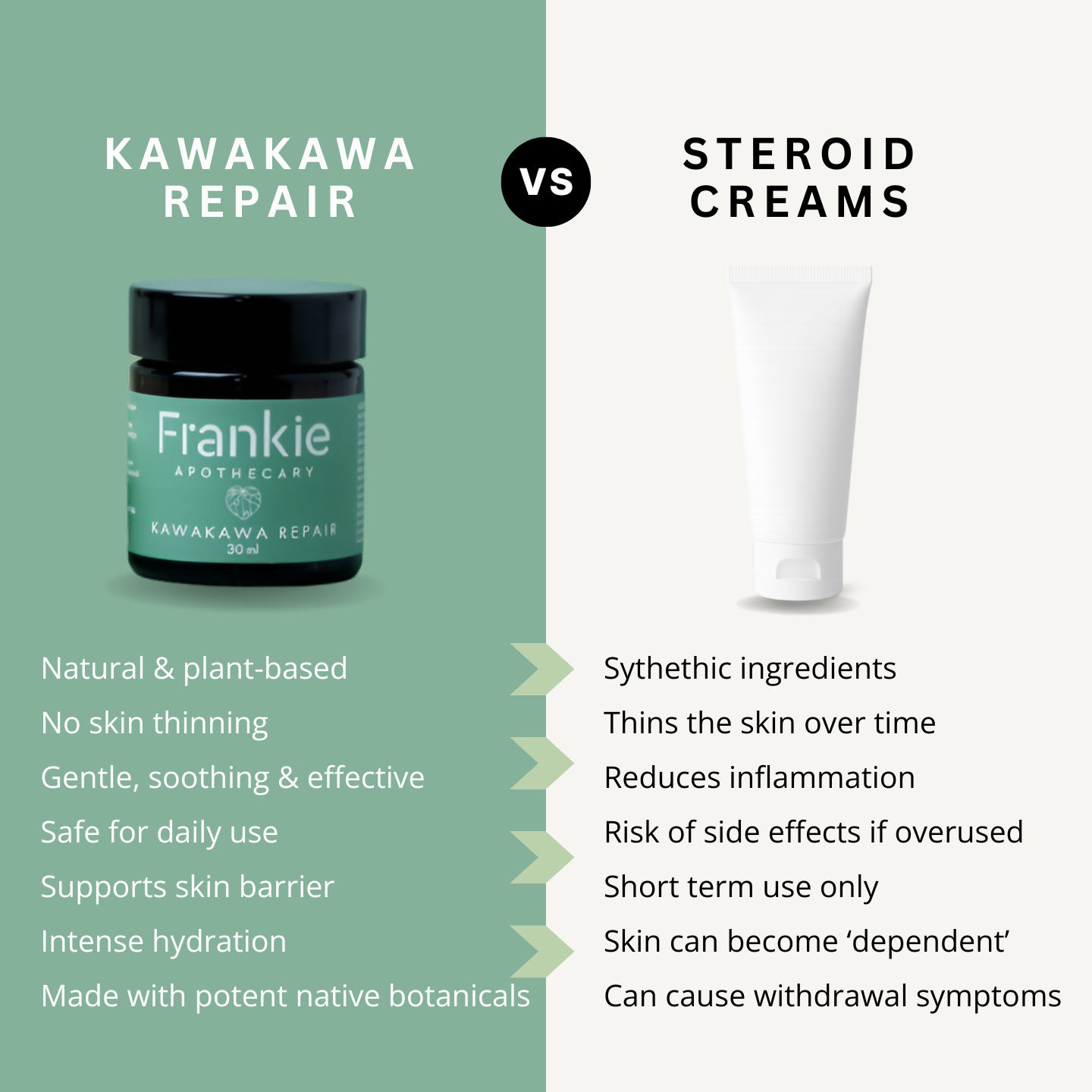

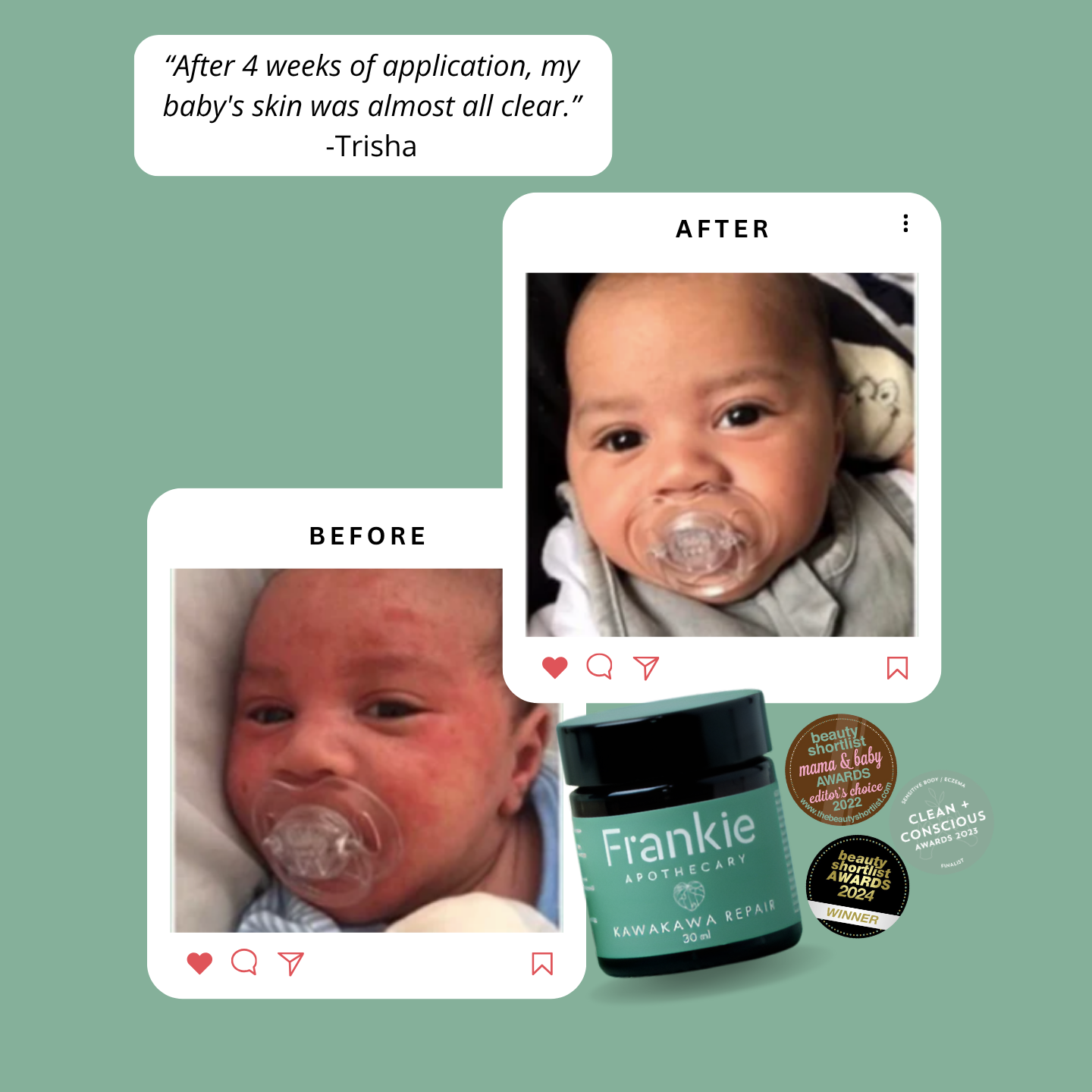
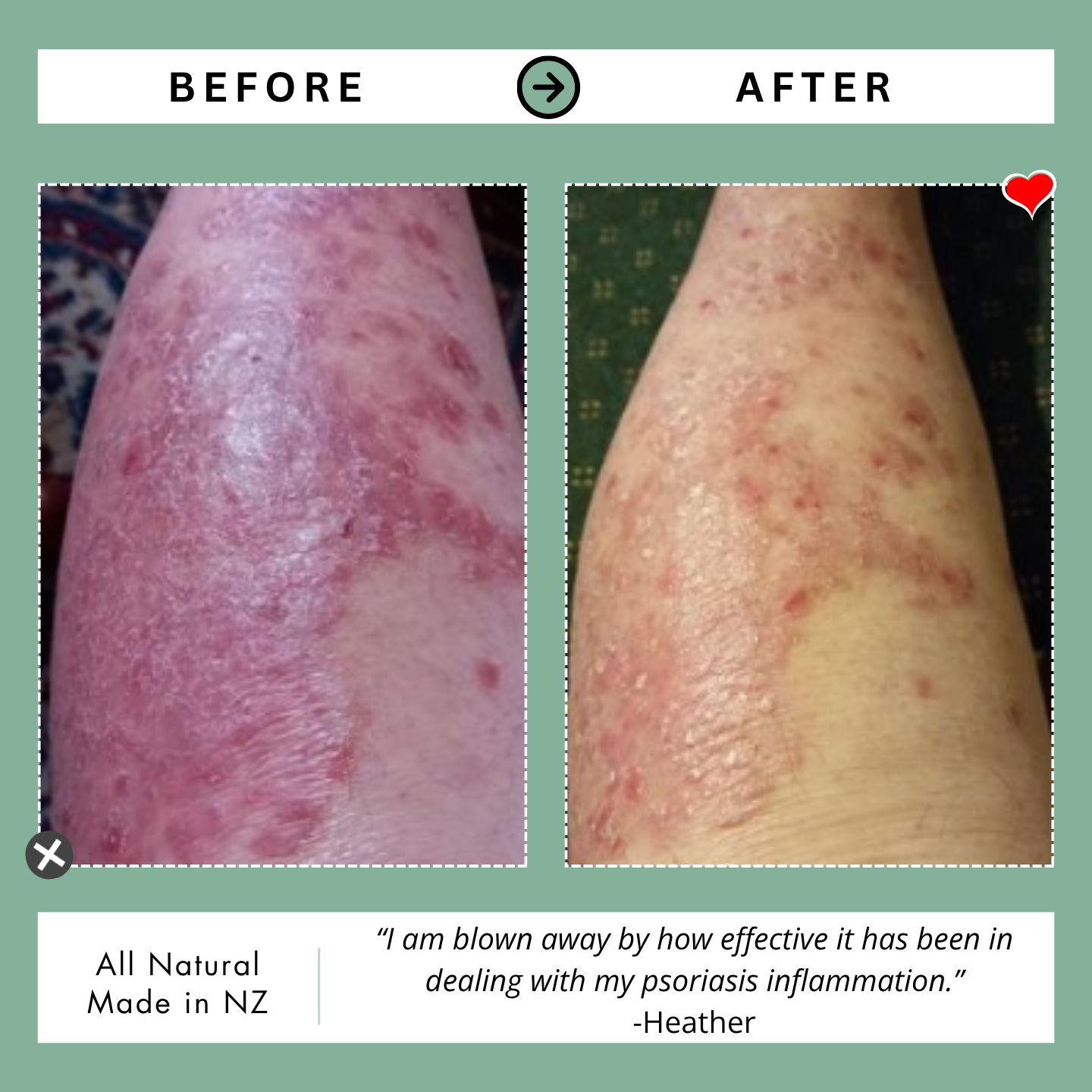
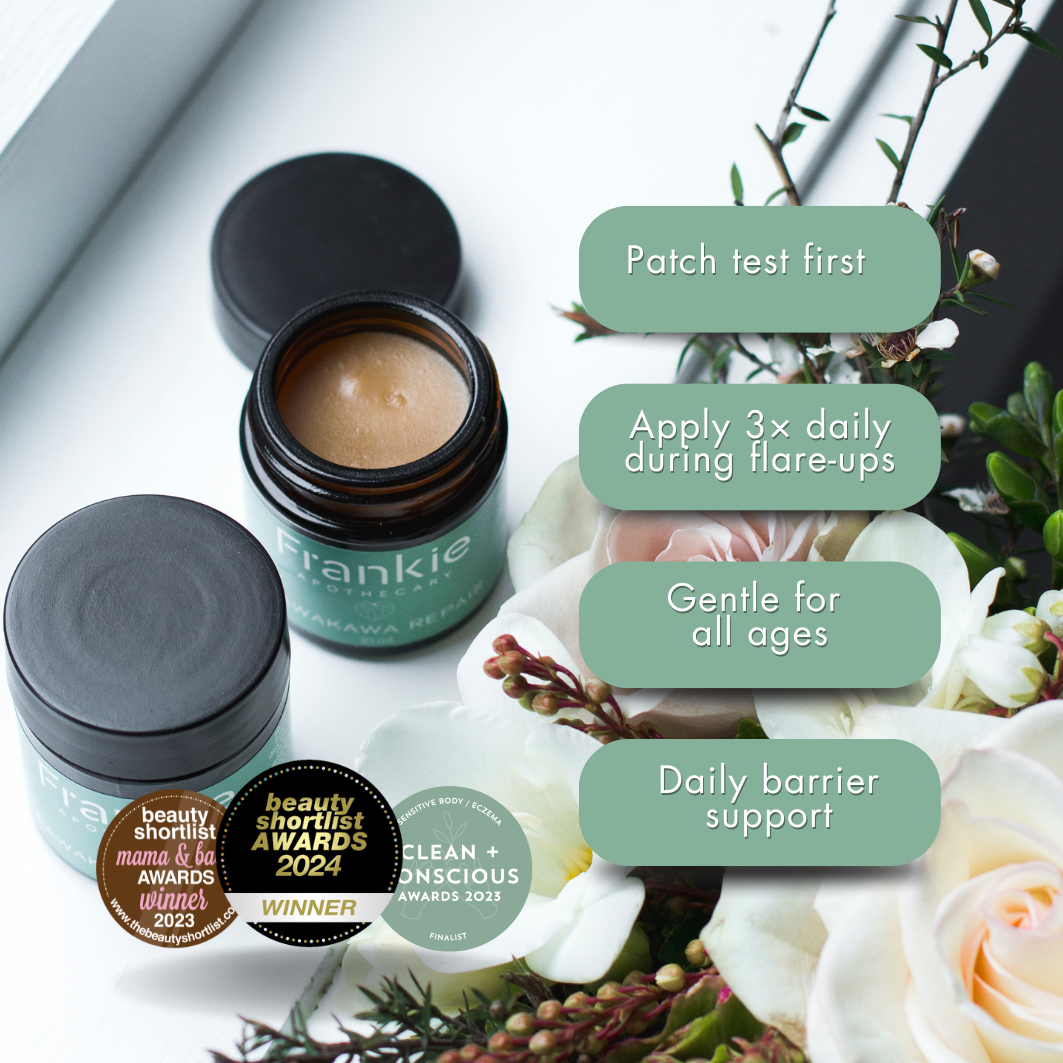
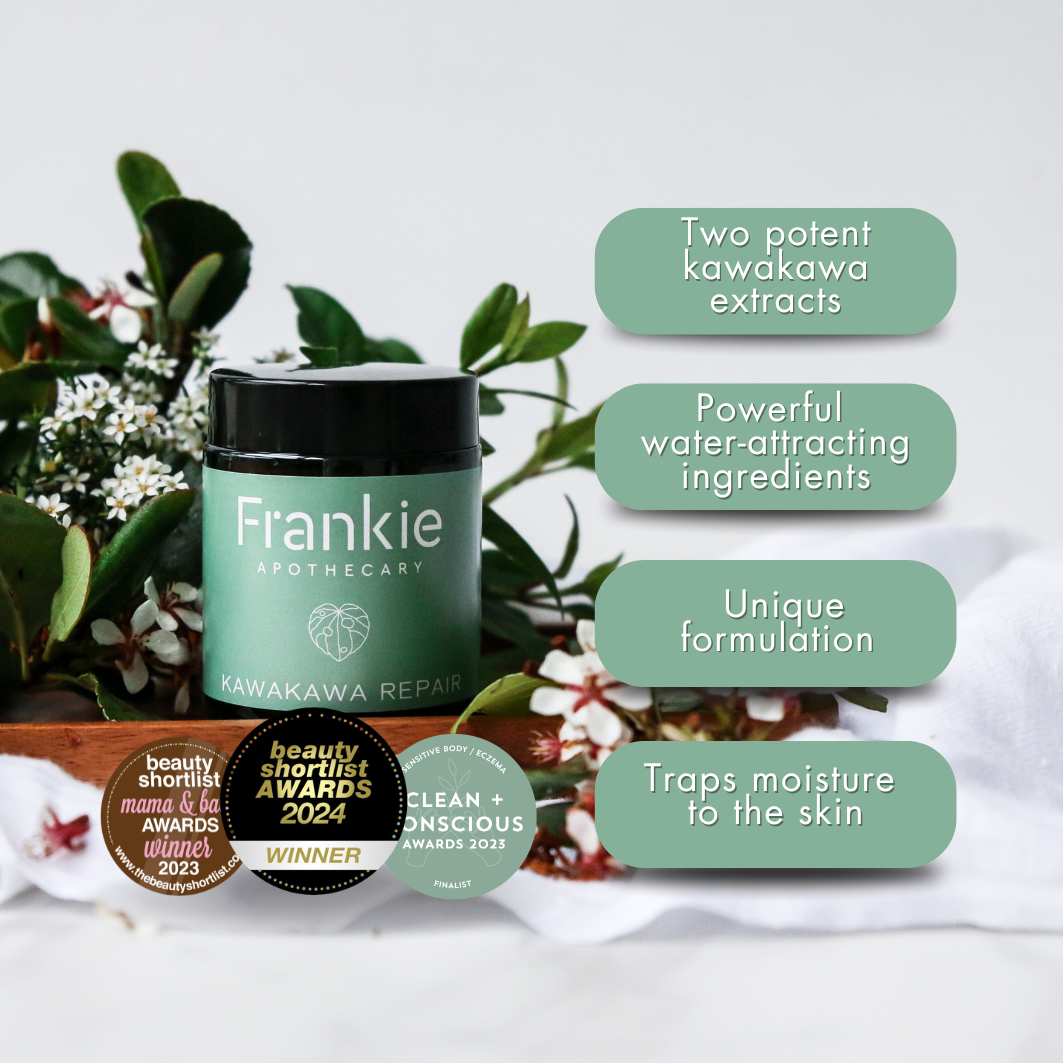



2 comments
Thanks Roger! Really appreciate you taking the time to let us know. I’ve sent you an email with a little something to say thanks. Ngā mihi, Georgina
Lovely article and astute. Thanks
Typo in Penny brownlie" scared instead of sacred"